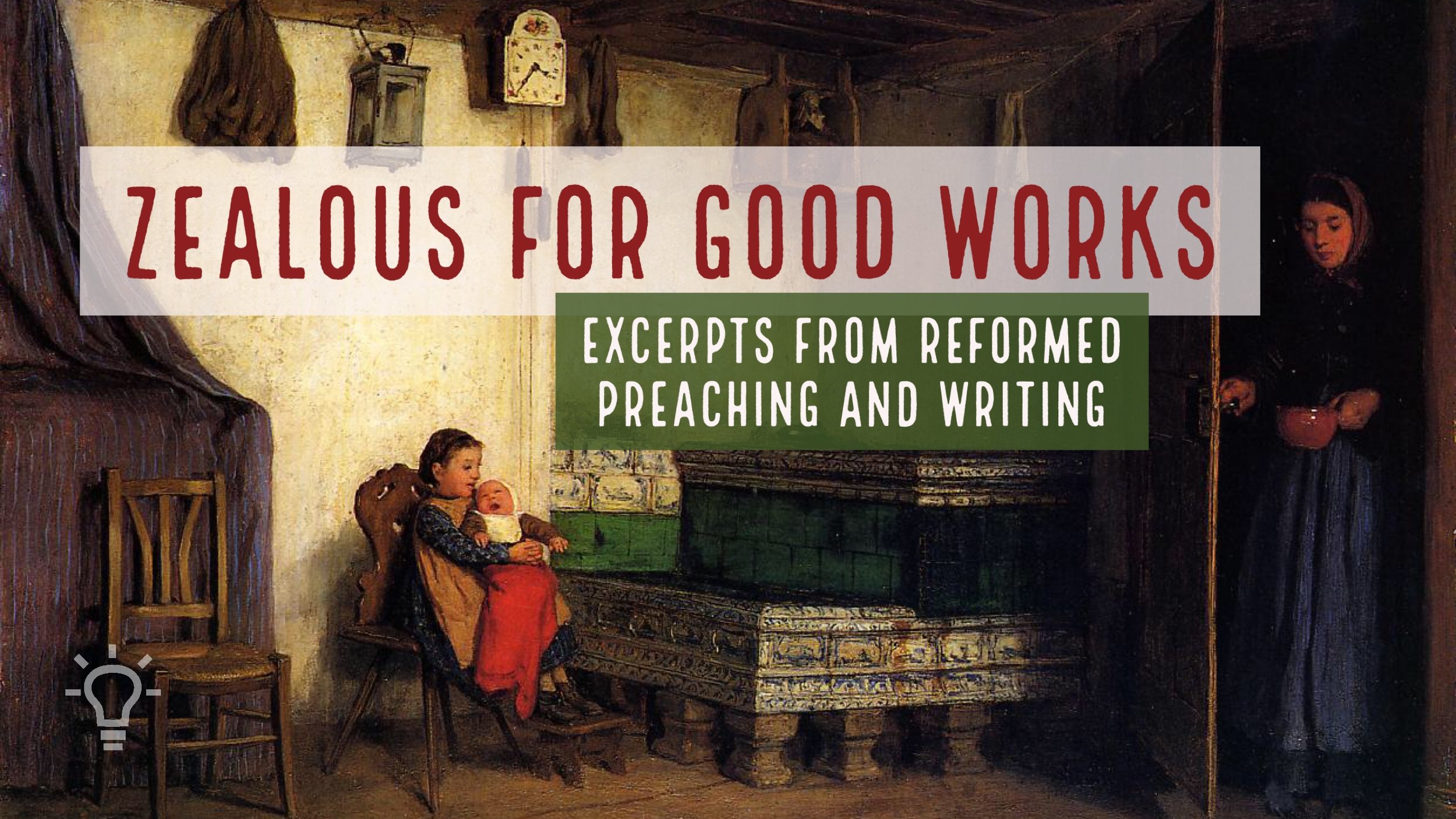




Zealous For Good Works: What Are Good Works (part 3)?
You have been recreated by the grace of the Spirit in Jesus Christ to live for God in the doing of good deeds—living in a way that pleases him. All objections and excuses must fade away in light of this truth, and we must be convinced that as Christ came to do the Father’s will, so he leads us forward in life as his new creation to do the same. Good works manifest the love of God to him and our neighbors. Good works are the imitation of Christ by the Spirit.



Use our archive link above to find all of our available blog content, or search for your topic or author of interest.
Featured Posts
TDG Blog
We need not reinvent Christianity or carve out ever-smaller enclaves to prove our faithfulness. We do not need to imitate the liberal order’s obsession with identity and control. We can return to nature, heritage, tradition, fathers, and our faith. Sectarian comfort is a false security for a people who have forgotten how to receive life from God’s hand. It will take Christian courage in an age of liberals and sects to grow deeper roots and provide a more secure and fruitful future.
Follow us on social media:





















